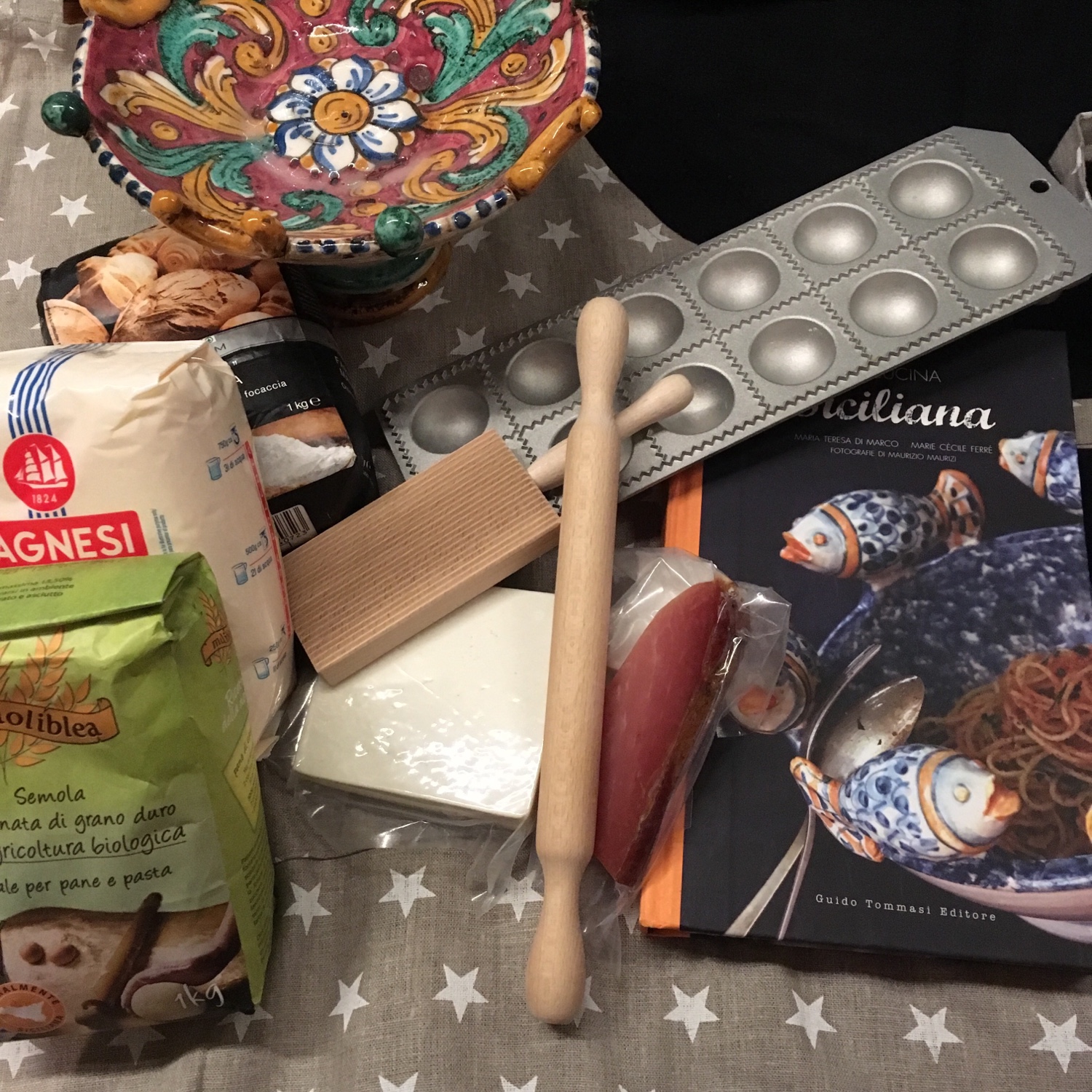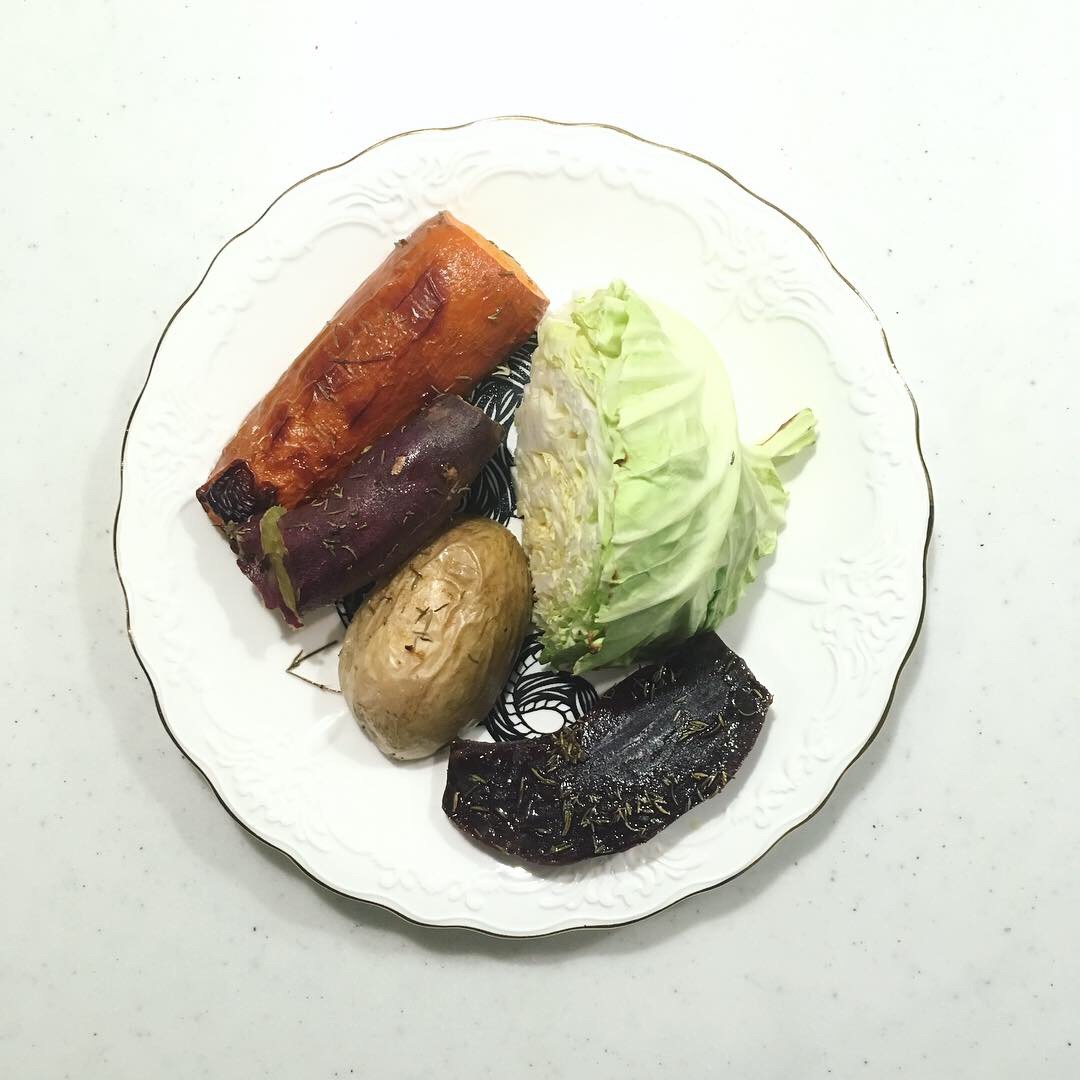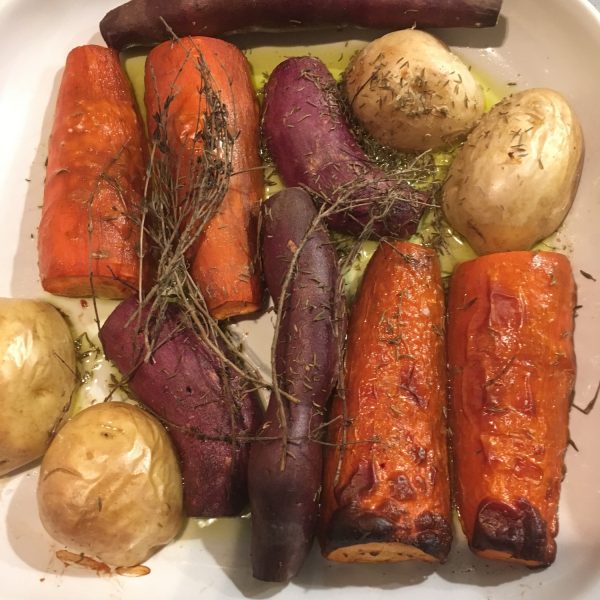This question has been in my mind for a very long time anytime I use #localfood or #eatlocal: What does it mean to eat local when you are expatriated and you travel once or more a year to your home country? Does 100% of the ingredients have to be local? If not how much could be alien? To what extent? Behind that there is a question of identity and a question of personal choices.
Traveling home means coming back with a suitcase full of the great local products, right? But these products are not local in the country I live in… they are barely sold here and when a surrogate is, it is usually a poorer quality version… what could beat mum’s olives or fresh ricotta salada from Sicily???…

After a long time carrying pretty much everything, in particular organic whatever… To be honest, I use to bring a real lot of food related things a few years ago. In particular when I started to bake breads and I wanted organic flours, and couldn’t find anything I liked in Japan because I was new to the area and didn’t know where to look at (I also think that baking has become trendy and it is easier now to find the basic products). Now I know that I can find good flours of different types of wheat in Japan, produced locally and organic and that is a great relief not to carry 10-20kg of flour in my suitcases anymore.
I have now switched to bringing back only a few things and in smaller amounts. Mainly products that my mum is making, for example: olive oil with the olives from the garden, bins of black olives in herbs saumure, dry herbs from the garden: thyme, verbena, laurel, juniper… homemade jam with fruits that do not exist in Japan… and a few very local staples bought around to store in the pantry: sea salt from Camargue, chickpea flour, green lentils, dry fruits and when in Italy riso for risotto, farro, polenta, dried porcini, finally there’s always a bit of space for a few fresh products: local cheeses for me and cured meat for A..
So what does it mean “eating local” in this international context???
I realize that as much as I cook Japanese food, I am also attached to my food roots, food from the south of France, food from Italy (I feel Italian food as a part of my roots somehow…) and I was discussing earlier in that post, the cooking that ressemble me best is “half”. So for all the fresh products I use the local circuit, for everything that as a good substitute I use the local products: Japanese flours are great! Mozzarella from Hokkaido is really nice… but Parmigiano sucks when it’s not from Italy!!!
However I try to avoid buying imported products, but rather only use what I can carry with me or sometimes receive as presents… that has been made easier with the fact that it’s been more than 5 years I stopped buying processed, canned or frozen food, and even more (thanks 3/11) that I carefully check the labels to check where products come from. It’s a systematic habit and it doesn’t take more time as labeling in Japan is quite simple and easy to identify and it feels so much better choosing consciously what I eat.
What can be better after a long day at work and a chilly evening than a dish of roasted vegetables from Isumi, with olive oil from my hometown and thyme from my parents garden?

n.b.: I still haven’t shifted for chocolate and black tea…

